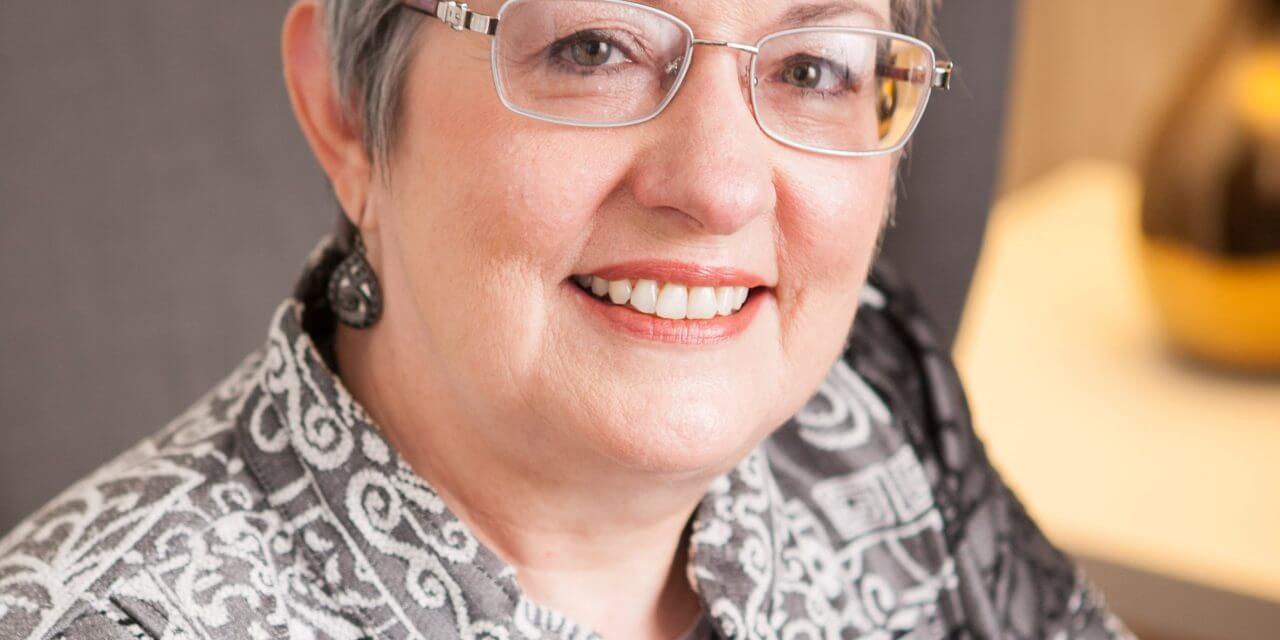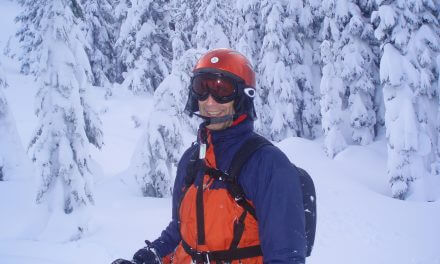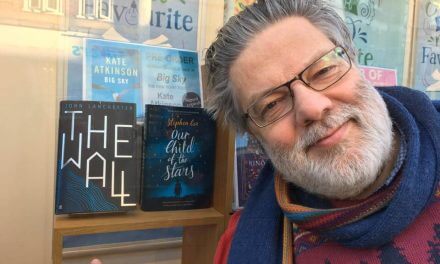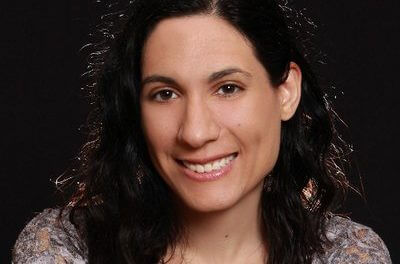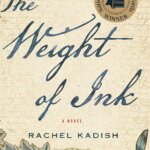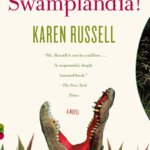Victoria Thompson is the USA Today bestselling author of the Edgar® and Agatha Award nominated Gaslight Mystery Series and the Sue Grafton Memorial Award finalist Counterfeit Lady Series. She has published 26 mysteries. She currently teaches in the Master’s program for writing popular fiction at Seton Hill University. She lives in Illinois with her husband and a very spoiled little dog. We’re meeting today in a Covid-safe distanced interview.
SS: Welcome, Victoria. Tell me, have you always been driven to write? Or did you begin writing in response to a particular stimulus?
VT: I always was a storyteller. I remember entertaining myself on long car rides by making up stories about the people who lived in the houses we passed. Later, I would write the stories down, but I never really thought of myself as a writer until years later when I got the idea for my first novel.
SS: How long have you considered yourself a writer? Did you have any formal training, or is it something you learned as you went?
VT: I always enjoyed writing, but I don’t think I ever consider writing as a real profession until I was in my thirties. When I started writing seriously in the 1980s, there were few resources available, so I taught myself by reading literally hundreds of books. I’m an intuitive learner, so that worked for me. Even today I don’t consult “how to” books unless I’m teaching a class and need to figure out how to tell someone else what I do.
SS: How do you give back to the writing community?
VT: I have always been amazed at the generosity of writers who are often eager to do what amounts to training their own competition! Many of us were helped along the way ourselves, however, so we tend to pay it forward. I’ve always been willing to speak at writers’ conferences whenever asked, and I have mentored many writers through the years. For the past twenty years, I’ve also taught in the Seton Hill University Masters of Fine Arts program in writing popular fiction, and I’ve seen many of my students become published. That’s the best part of giving back: seeing the success of others.
SS: Do you set daily writing goals? If so, what are they? How do you deal with failure to meet these goals?
VT: I try to write five pages a day (1250 words). I can often do more than that, but I can usually do five pages even if the words are coming slowly, so I psych myself out by saying, “You only have to write five pages!” That gets me started. If I don’t reach my weekly goal (20 pages), I write on the weekend. If I do reach it, I reward myself by taking the weekend off.
SS: Lisa Cron (Wired for Story) says, “We think in story. It’s hardwired in our brain. It’s how we make strategic sense of the otherwise overwhelming world around us.” In what way are you trying to make sense of the world?
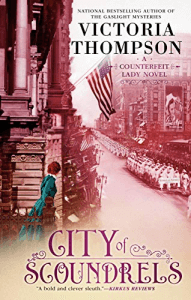
SS: Do your books carry a message? If so, what would you say it is?
VT: I heard author David Morrell speak several years ago, and he advises writers to identify their dominant emotion. I was surprised to discover my dominant emotion is anger! I’m often (well, okay, almost always!) angry because the world is not a fair place. I like to see people treated fairly and justice administered uniformly. Sadly, this doesn’t happen nearly enough, so I try to rectify this in my books. The mystery genre lends itself beautifully to the fair administration of justice, although I often have to leave my readers as frustrated as I over the unfairness of life.
SS: What books inspired you as a child? As an adult?

SS: Name five things you wish you’d known before you published your first novel.
VT: 1. Publishing is an uncertain business, and you can be a smashing success this year and an abject failure next year. 2. Writers don’t make nearly as much money as people think. 3. The publishing business moves at a glacial pace. The only one who is anxious to see your book published is you. 4. Editors and agents can help you a lot if you let them. 5. It never gets any easier.
SS: At what point did you come up with the title of your most recent book? Did your publisher change it?
VT: The new Gaslight Mystery is Murder on Pleasant Avenue. I had come up with the idea for the book because I wanted to feature a settlement house and show how the concept of charity was evolving at the turn of the last century. One famous settlement house was located in East Harlem, and I used that as a setting. Since the titles of the Gaslight Mysteries are street names or neighborhoods in New York City, I pored over the old maps of East Harlem to find something that could work. I didn’t want to use “East Harlem,” because Harlem today is a completely different place to modern readers than it was in 1900. At that time, East Harlem was actually called “Italian Harlem” because so many Italian immigrants had settled there. (It would later be known as Spanish Harlem when Puerto Rican immigrants became the largest ethnic group.) I called the book Murder in Italian Harlem when I sent it in, but the staff at Berkley weren’t convinced it was the best title and asked me for some other ideas. My agent (bless her!) pulled up Google Maps and found Pleasant Avenue, which I had completely missed in my earlier map search. The street was actually the heart of Italian Harlem, and the contrast between murder and pleasant was just too delicious to pass up.
SS: Do you know the ending to your story when you put pen to paper? If so, have you ever changed the ending after you started to write?
VT: Murder on Pleasant Avenue is my twenty-sixth mystery, so I’ve learned a few things along the way. The first thing I learned is that if I decide who the killer is in the very beginning, I make it so obvious that I have to change it anyway. So now I don’t decide who the killer is until at least halfway through the book. Sometimes I don’t decide until the very end. I figure if I don’t know, I won’t make it too easy for readers to guess either!
SS: What advice would you give aspiring writers?
VT: I work with lots of aspiring writers since I teach in a writing program. The most important thing you can do if you want to succeed is to learn as much as you can about the craft of writing and also about the business of writing. Know your chosen genre intimately from reading many, many books. Writers today are fortunate in that all the information they need is readily available through how-to books, the internet, and classes, both online and in person. Take advantage of these many resources.
SS: Is there a phrase or quote about writing you particularly like or that inspires you?
VT: My favorite writing quote is from Dorothy Parker: I hate writing, but I love having written. This keeps me going through the tough times.
SS: A recent Harris Poll showed that women are more likely than men to read mysteries, thrillers, and crime novels (57% versus 39%). Why are women readers so drawn to dark subject-matter?
VT: I’ve wondered this about myself, as a matter of fact. I started out reading and writing romance, and switched to mystery about twenty-two years ago. I don’t think it’s the dark subject matter that attracts women so much as the administration of justice at the end of these books. Life is unfair, and women often are treated far more unfairly than men. We hardly ever see the bad guys get what they deserve in real life, but we always do in crime fiction. I think that’s what women love about these books.
LIGHTNING ROUND:
SS: Describe your books in 3 words: clever, historical, murder
SS: Favorite thing about your genre? justice
SS: Another genre that you would love to write: thriller
SS: When writing, are you a night owl or morning person? Night owl
SS: Pantser or Plotter? A weird combination of both
SS: Book you’re currently reading: Murder at the Mena House
SS: Your favorite guilty pleasure: True Crime shows
SS: Number one book boyfriend or girlfriend is: Mr. Darcy
SS: Your favorite villain or serial killer is: Ted Bundy
SS: Your favorite detective or spy protagonist is: Miss Marple
SS: What is your favorite thriller or mystery movie? Laura
********************
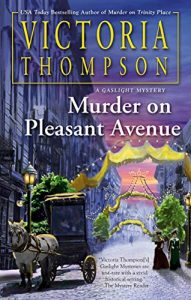
Amazon | B&N | Apple | Indie Bound | Audio
********************
An excerpt from Murder on Pleasant Avenue:
“The quick brown fox jumps over the lazy dog,” Maeve whispered to herself, deliberately striking each key on the typewriter as she said it. Why had she thought working in Mr. Malloy’s private investigator’s office would be exciting? The first thing he and his partner, Gino Donatelli, had wanted her to do was learn to use the typewriter. She would never get the hang of this. She should have been content just being a nanny to the Malloy children. Taking little Catherine to and from school and getting her and her brother Brian ready for bed was so much easier than this. At least being a nanny didn’t require using machinery.
She looked up when the main office door opened, grateful for the interruption.
To her surprise, a lovely young woman came in. She looked nothing like their usual clients. She was obviously Italian, and she wore what must be her Sunday best, including an interesting little hat. She twisted her gloved hands nervously in front of her.
“May I help you?” Maeve asked brightly.
“Is this Mr. Malloy’s office?” she asked without a trace of an accent. She glanced around uncertainly at the utilitarian office space with its plain wooden desk and chairs and a pair of windows that provided a stunning view of a brick wall. She’d probably been expecting something grander.
“Yes, it is.”
“And Gi . . . I mean, Mr. Donatelli, too?”
Maeve somehow managed not to wince. This beautiful young Italian woman was looking for Gino Donatelli, and Maeve didn’t even want to know why. She also shouldn’t care, so why did she?
Should she lie? Did she dare send the woman away? But that was foolish. She’d only come back. Besides, the door to Gino’s office was open, and he’d apparently overheard the woman’s question, because he’d already come out.
“Teo?” he asked, surprised but also much too pleased to see her. Of course he was. Any man would be happy if a woman this lovely had sought him out.
“Oh Gino!” she cried, hurrying to him and giving him both her hands which he took with a familiarity that made Maeve furious.
“What’s wrong?” Gino asked. “Is it—?”
“No, no, nothing with the family, but Gino, it’s something terrible,” she said, bursting into tears.
“There now, don’t cry,” Gino said, which is what men always said, but only because it made them feel helpless to see a woman cry. He slipped his arm around her shoulders without the slightest hesitation—they knew each other very well!—and led her into his office. “Maeve,” he called back over his shoulder, “would you get Teo a glass of water?”
How dare he ask her to wait on his paramour! But the washroom was just next door to their offices, so Maeve was back in no time. By then Mr. Malloy had come out of his office to see what all the commotion was about.
“What—?” he began, but Maeve cut him off.
“Gino has a lady visitor.” Did she sound disgruntled? Mr. Malloy’s eyebrows rose, so she must have. Oh dear, that would never do.
Gino hadn’t closed the door, though, so Maeve went right in. Teo—what kind of a name was that?—had produced a handkerchief to dry her tears, and she gratefully accepted the glass of water Maeve handed her. Her face, Maeve was annoyed to see, did not blotch up when she cried, and when her tears had dried, she looked as lovely as ever.
“Can I get you anything else, Miss . . . ?” She glanced expectantly at Gino, waiting for an introduction.
“It’s missus,” Gino said with a sly grin. “Mrs. Donatelli.”
********************
You can follow Victoria on social media here:
This post contains Amazon Affiliate links.
